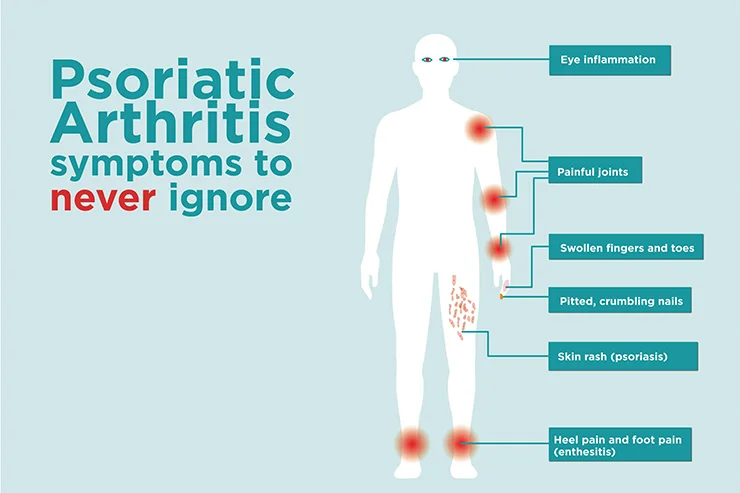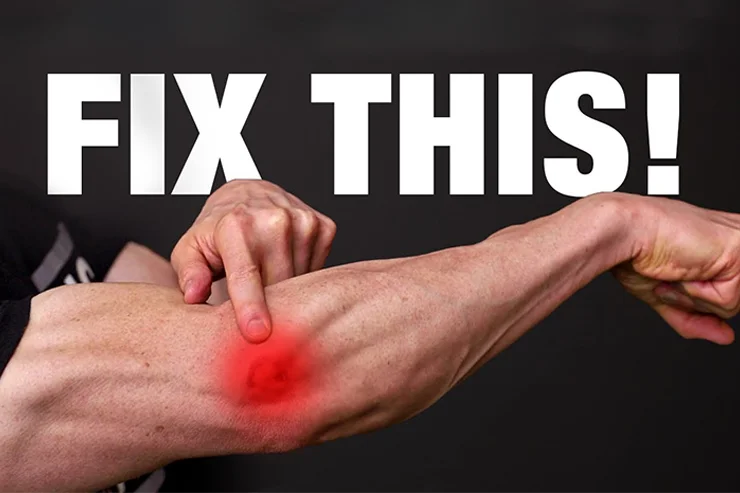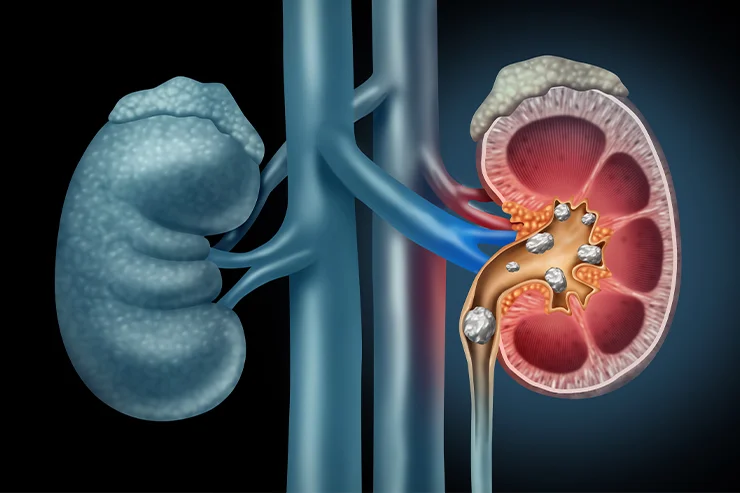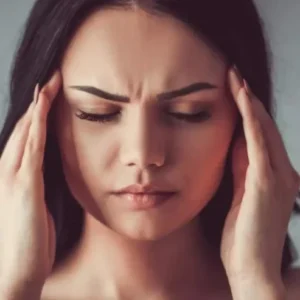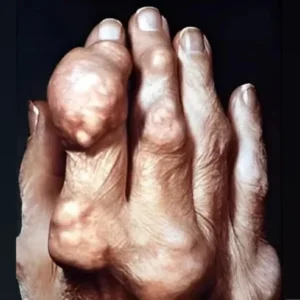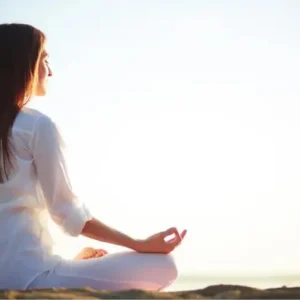Renal Stone
₹799.00 – ₹999.00
- Online Available in All India.
- Home Visit Available Only In Kolkata.
Pain in the lower back, side, abdomen, groin, or flank, pain while urinating, blood in the urine, nausea, vomiting, fever, chills, and urine that smells bad or looks cloudy
Description
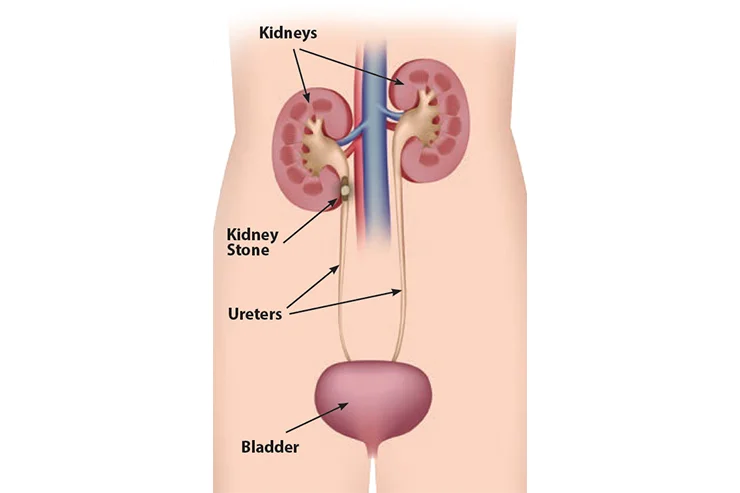 Renal stones, also known as kidney stones, are hard deposits that form in the kidneys and can cause pain and other symptoms:
Renal stones, also known as kidney stones, are hard deposits that form in the kidneys and can cause pain and other symptoms:
- Symptoms
Pain in the lower back, side, abdomen, groin, or flank, pain while urinating, blood in the urine, nausea, vomiting, fever, chills, and urine that smells bad or looks cloudy
- Causes
Diet, excess body weight, certain medications and supplements, some medical conditions, infections, and family history
- Treatment
Smaller stones can pass on their own, while larger stones may need to be broken up or removed. Treatment depends on the size, type, and location of the stone.

- Prevention
Drinking enough fluids to pass at least 2.5 liters of urine each day can help prevent kidney stones. Other ways to reduce the risk include eating oxalate-rich foods in moderation, reducing salt and animal protein intake, and taking citrate juices.
Can Yoga & Meditation help manage Renal Stone?
Yoga and meditation can help manage kidney stones by providing relief from pain and stress, and by helping to improve overall health:
| Benefits | |
| Yoga | Stretches the body, boosts vital organs, and can help relieve pain, cramps, nausea, and restlessness. Regular practice can help eliminate small to medium-sized kidney stones through urine. |
| Meditation | Can help relax the mind and body. |
| Holistic approach | Yoga and meditation can improve mental, emotional, and spiritual well-being, and may help slow the progression of chronic kidney disease (CKD). |
Other ways to manage kidney stones include:
- Eating a well-balanced diet with lots of fresh fruits and vegetables
- Drinking at least 6–8 glasses of water a day, plus one at bedtime and another during the night
- Taking pain relievers

